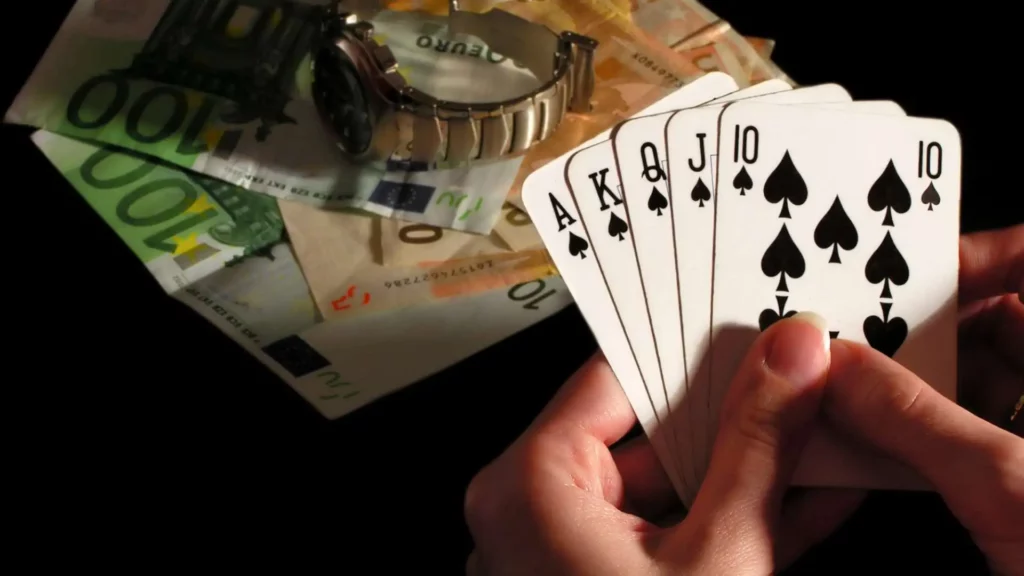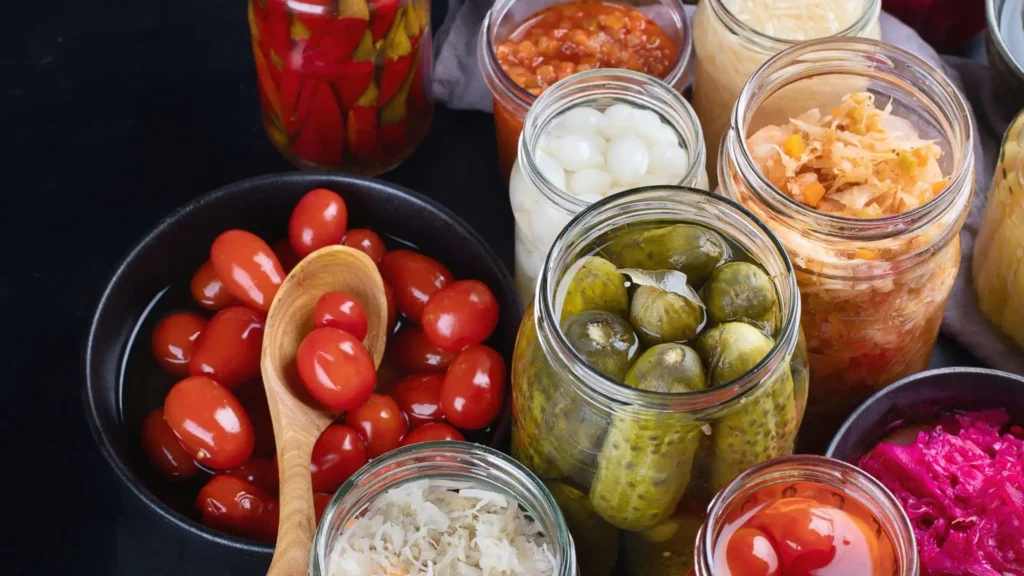Additionally, 12% of Americans admitted that they wouldn’t be able to pay a $400 emergency expense, even with a payday loan, according to a report. These numbers could even be slimmer after job losses and market crashes. That brings us to the question of the day: Are you financially prepared for the next pandemic?
Today, we can safely say that more and more people are seeing the value in financial literacy and are willing to learn enough to be able to be financially prepared, especially for the next pandemic. Here, we’re covering some of the basic steps you can take to do just that.
Set Up a Sizeable Emergency Fund
A straightforward yet crucial step in being financially prepared is having the resources to live off on during difficult times. Surveys from 2019 have shown that 28% of Americans had no emergency savings. This certainly reflected the following year as many struggled with living paycheck to paycheck.
For starters, banks and financial experts suggest saving anywhere from three to six months’ worth of your salary in your emergency fund. Hence, you can continue to pay your living expenses and your loans.
Keep in mind that the amount will ultimately depend on your needs and lifestyle. However, it makes good sense to prepare for possibilities like accidents and job loss.
Reassess Your Financial Priorities
Take food, shelter and family expenses into account and assess your monthly budget. Set aside money to add to your emergency fund and investments. Try to cut down on non-essential spending. Maybe this includes money you spend on take-out food or shopping.
Another important tip is to prioritize your debt payments alongside investment contributions. This means settling credit and loans as early as you can to avoid a pileup.
In the US, 35% of credit card holders started 2020 with more debt than they had at the beginning of 2019. You don’t want to head into a pandemic in a debt cycle, according to a report. Figure out a repayment plan and stick to it.
Keep Your Investments Diversified
Once you’re set with a liquid account, try to look into transferring money to other investments such as bonds or a high-yield savings account. We’ve seen how the previous year has taken a toll on the economy.
The US stock market suffered a 20% decline in a span of four months. It’s best to refrain from keeping all your assets in one place, so play it safe and diversify your investments.
Hire a Financial Professional
If you are unsure of how you can do the above points, consider consulting with a financial professional. These professionals will have an education in financial services and will have expertise in securities and investments, banking, and portfolio management.
There are many professionals who work freelance, so you won’t have to hire them for long periods of time. They can help advise you on the best course of action and answer any financial questions you might have. In addition, qualified financial professionals can also manage your investment portfolio on your behalf.
Be prepared to switch jobs
In the US alone, roughly 9.6 million workers were laid off from their jobs during the peak of Covid-19. Besides having an emergency fund prepared for a setback such as this, you may want to diversify your skillsets too. That could be another form of investment.
Having a diverse set of transferable skills can aid you if you have to find a new job. It also makes you adaptable to various work situations. This is highly valued by many companies, given the unpredictability of today’s world. We also recommend finding a side hustle as soon as possible. It can turn out to be a stable source of income if your situation ever gets rough.
Perhaps one of the most valuable lessons one can learn from the pandemic is to financially prepare for the unexpected. After taking these steps, you’ll be more ready for any crisis that may come.

























